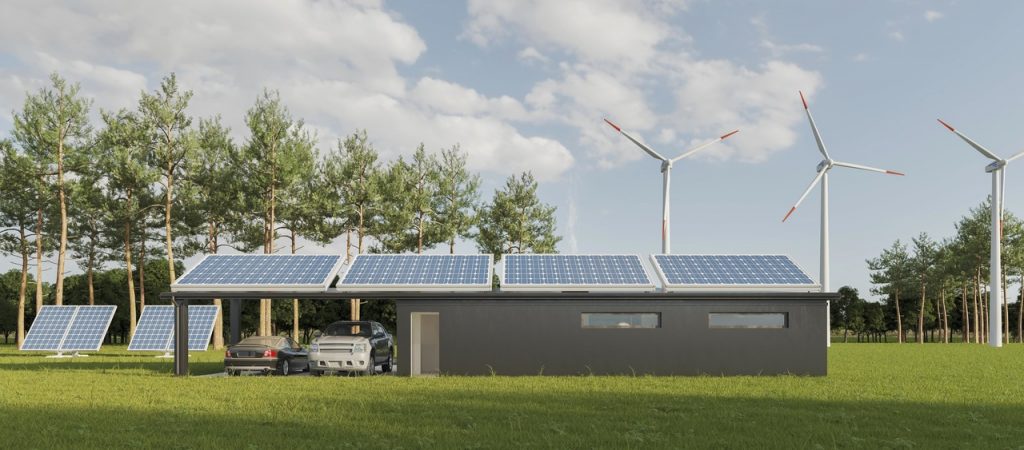Sponsored article
The light of the sun is a great way to get almost free electricity. So it’s no wonder that more and more households are deciding to take advantage of the benefits of photovoltaic installations
The term “solar panel” can refer to a wide range of solar technologies. It is often used interchangeably between panels that produce electricity and those that produce heat. Panels that generate electricity are referred to in the industry as “solar photoelectric(PV) modules.” These are panels made of materials that generate direct current when exposed to light.
When considering the purchase of solar panels, you should think about whether you want a system that generates electricity (solar photovoltaic panels) or a water heating system (solar thermal panels).
There are many different photovoltaic technologies and products. The performance and cost of the products vary widely. The most popular photovoltaic technologies are:
Silicon-basedphotovoltaic modules are by far the most widely used, accounting for over 90% of the global market. When considering installing photovoltaic panels on your roof, you will usually be limited to products offered by individual installers

The amount of electricity generated annually will depend on a number of factors, including the equipment you choose, the size of your system, your geographic location and the direction in which the panels are installed. For the most common silicon solar panels, typically 1 m2 of panels will generate ~150W of power on a bright sunny day (enough to power a laptop). A home photovoltaic system of 20 m2 (~3 kW) will generate about 2600 kWh of electricity per year if it is well located
Most solar panels are manufactured in Asia (mainly in China and Taiwan), but you will also find European and American manufacturers. Components for the solar panels and other equipment used in the installation come from all over the world.
A simple measure is to install a tap changer that redirects unused electricity to heat tank water. This way, some of the energy generated is stored as hot water that you can use later.
A more complicated option is to install a photovoltaic system that faces not south, but west or east. This will provide more energy in the morning or evening when you have more demand. However, an east or west facing photovoltaic system will generate less energy throughout the year than a south facing system.

There are a number of proven solutions for attaching solar panels to your roof. Most commonly, panels are attached over existing tiles on aluminum rails, but some solutions allow for an integrated, “flush” connection where the tiles are removed and replaced with solar panels.
Installers should not be allowed to drill into roof tiles to connect photovoltaics, as this can lead to roof leaks.